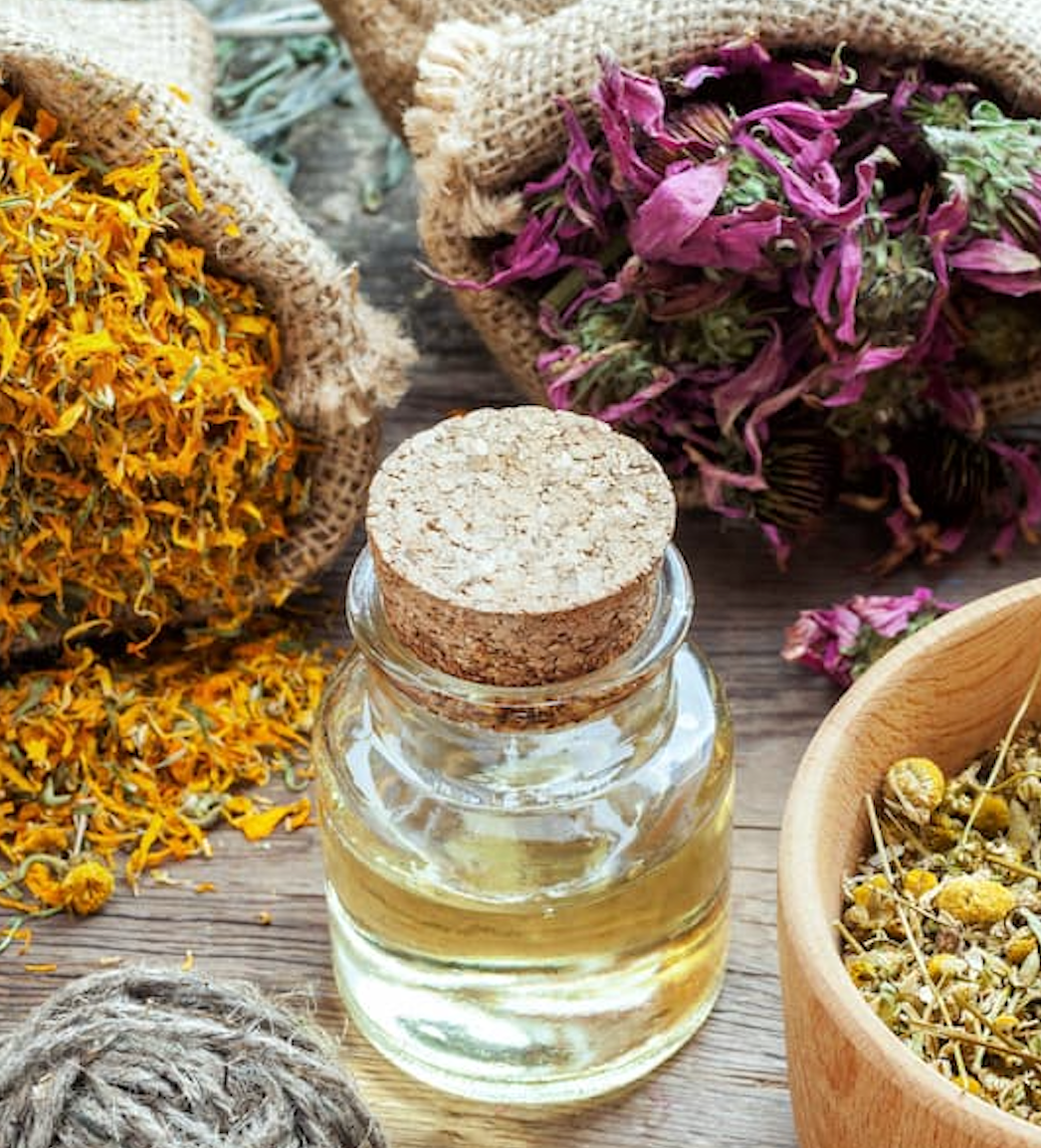Danggui Niantong Decoction Concomitant Therapy Enhances Clinical Efficacy in Gout Treatment
Findings demonstrated Danggui Niantong Decoction combined with conventional Western medicine was more effective in treating gout than Western medicine alone.
Danggui Niantong Decoction (DGNT), in conjunction with conventional Western medicine, appeared to have effective clinical therapeutic potential for the treatment of gout, according to a study published in Frontiers in Pharmacology.1 Investigators believe findings demonstrate a scientific basis for the better clinical application of this approach in the future.
Credit: Adobe Stock/chamillew

Traditional Chinese medicine, a system of complementary and alternative medicine practiced for thousands of years, has had a long history of treating gout, including providing individualized treatment for patients. DGNT, for example, has been shown to significantly improve the symptoms of gout including pathological changes in the joints.2
“Recent studies have shown that DGNT is effective in treating gout since it reduces the incidence of gouty nephropathy by lowering uric acid levels,” wrote a group of Chinese investigators led by Sihan Peng, PhD. “Nonetheless, the current studies are mostly single-center and small-sample studies and have different research designs. Therefore, we aimed to evaluate the efficacy and safety of DGNT systematically and provide a basis for its use in clinical practice for the treatment of gout through evidence-based medicine methods.”
Eight electronic databases, including PubMed, Embase, Web of Science, Cochrane Library, China Biology Medicine Disc, and the China National Knowledge Infrastructure, were searched to find relevant literature regarding the application of DGNT in the treatment of gout. Eligible studies were randomized controlled trails (RCTs) evaluating the safety and efficacy of DGNT in adult patients with gout alongside a control group using conventional Western medicine. The primary endpoints were blood uric acid (BUA) and C-reactive protein (CRP). Additional outcomes were the serum creatinine (Scr), uniary protein quantified at 24 hours (Upro), erythrocyte sedimentation rate (ESR), and interleukin-8 (IL-8). Two reviewers assessed the study screening, data collection, and the quality of the studies.
Of the 290 potentially relevant studies, 13 RCTs were included in the meta-analysis, comprised of 1094 patients (552 receiving DGNT and 542 controls). Treatment duration ranged from 1 – 12 weeks and most studies were categorized as low to medium in terms of risk of bias.
Findings demonstrated DGNT in combination with conventional Western medicine was more effective in treating gout compared with Western medicine alone. These results were observed in terms of BUA (weighted mean differences [WMD] = −3.49, 95% confidence interval [CI] (−50.36, −32.59), P = .000), ESR (WMD = −6.23, 95% CI [−9.28, −3.17], P = .019), Upro (WMD = −0.72, 95% CI [−.91, −.53], P =.000), IL-8 (WMD = −4.77, 95% CI [−11.48, 1.94], P = .000), CRP (WMD = −41.48, 95% CI [−4.32, −2.66], P = .017), and Scr (WMD = −18.64, 95% CI [−23.09, −14.19], P = .001).
No severe adverse events were reported, and no life-threatening events occurred.
Investigators noted including only single-center studies conducted in China, all with positive results, may have possible publication deviation risks. Additionally, the small sample size and short intervention period may have affected the reliability of findings and limited the long-term effect of DGNT on gout. The low methodological quality of the research may have added to the high heterogeneity of results. Finally, as no adverse events were reported in some of the RCTs, safety is unknown and future studies are needed to validate it.
“Follow-up studies could further explore the effects of different diets combined with pharmacological treatments in gout based on this study, such as the type of diet, calories, and purine content, to discuss the prevention and treatment of gout in more detail and depth,” investigators concluded. “To ensure accuracy and avoid misleading conclusions, therefore, we interpret this result carefully and cautiously.”
References
- Peng S, Tian J, Jin L, et al. Efficacy and safety of Danggui Niantong Decoction in patients with gout: a systematic review and meta-analysis. Front Pharmacol. 2023;14:1168863. Published 2023 Jul 26. doi:10.3389/fphar.2023.1168863
- Lu Junguang, L. J., and Zheng, B. (2021). Effect of Danggui Niantong Decoction combined with diclofenac sodium on joint swelling and pain index and musculoskeletal ultrasound results in patients with gouty arthritis. Chin. Folk. Ther. 29 (07), 93–95. doi:10.9621/j.cnki.11-355